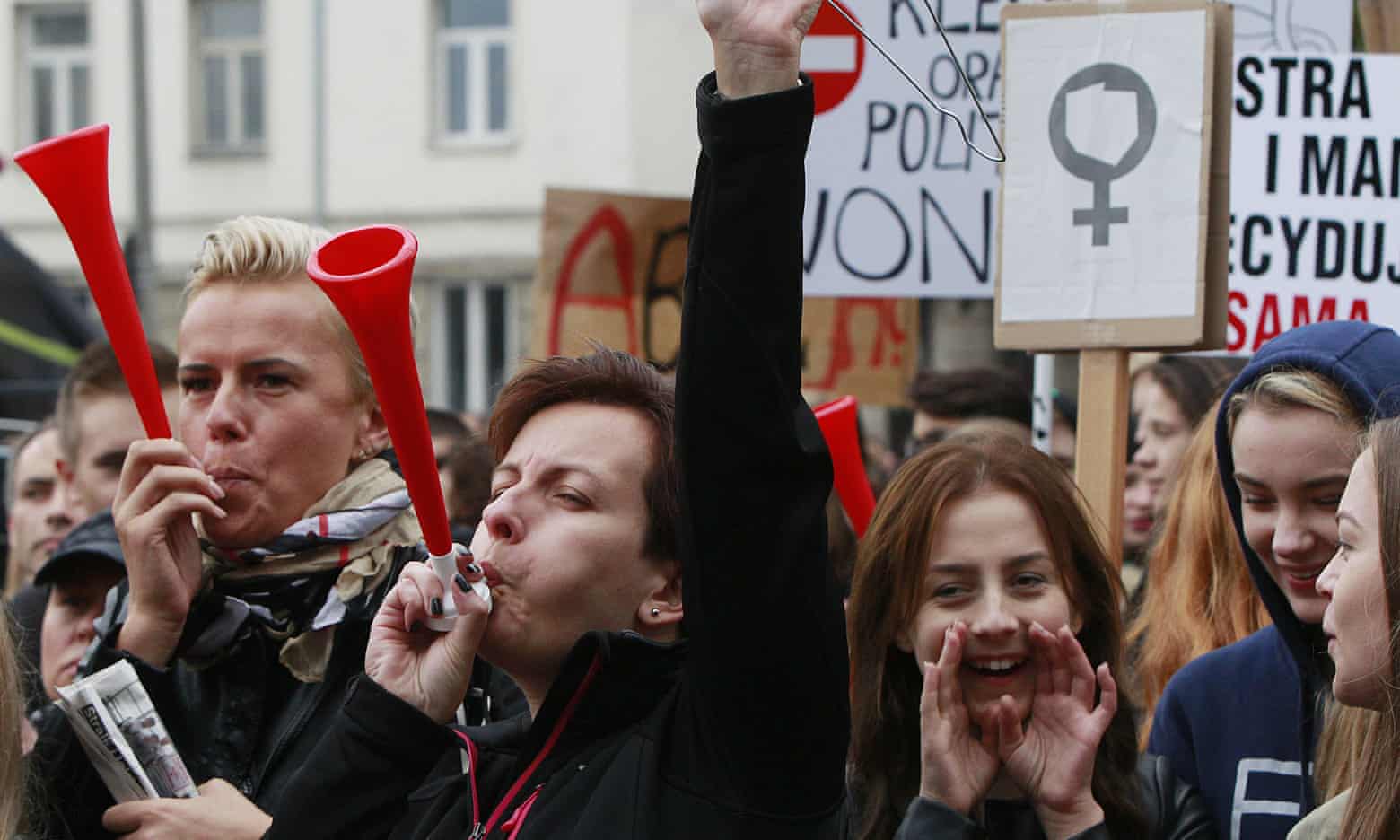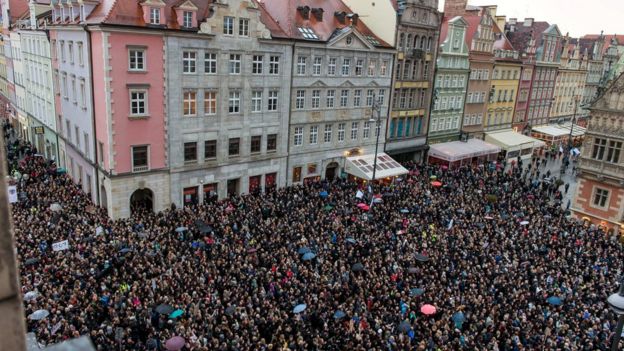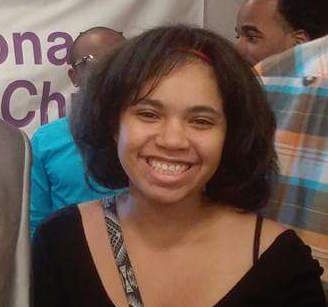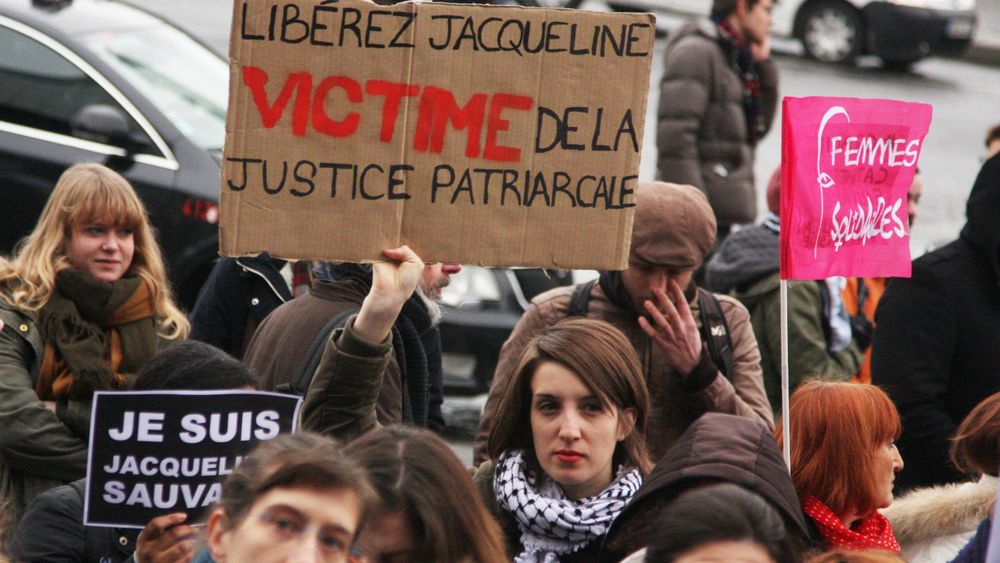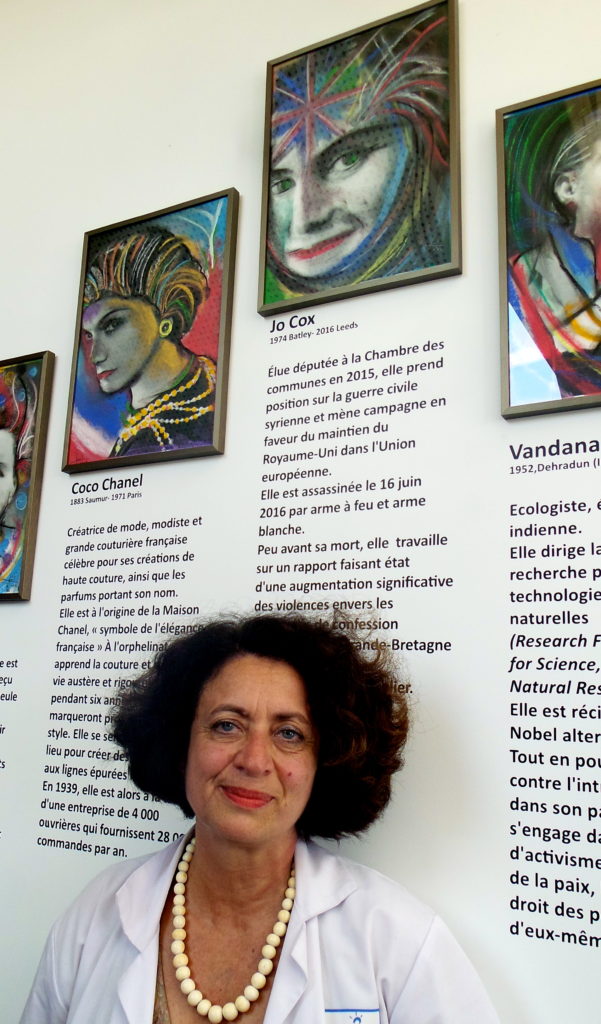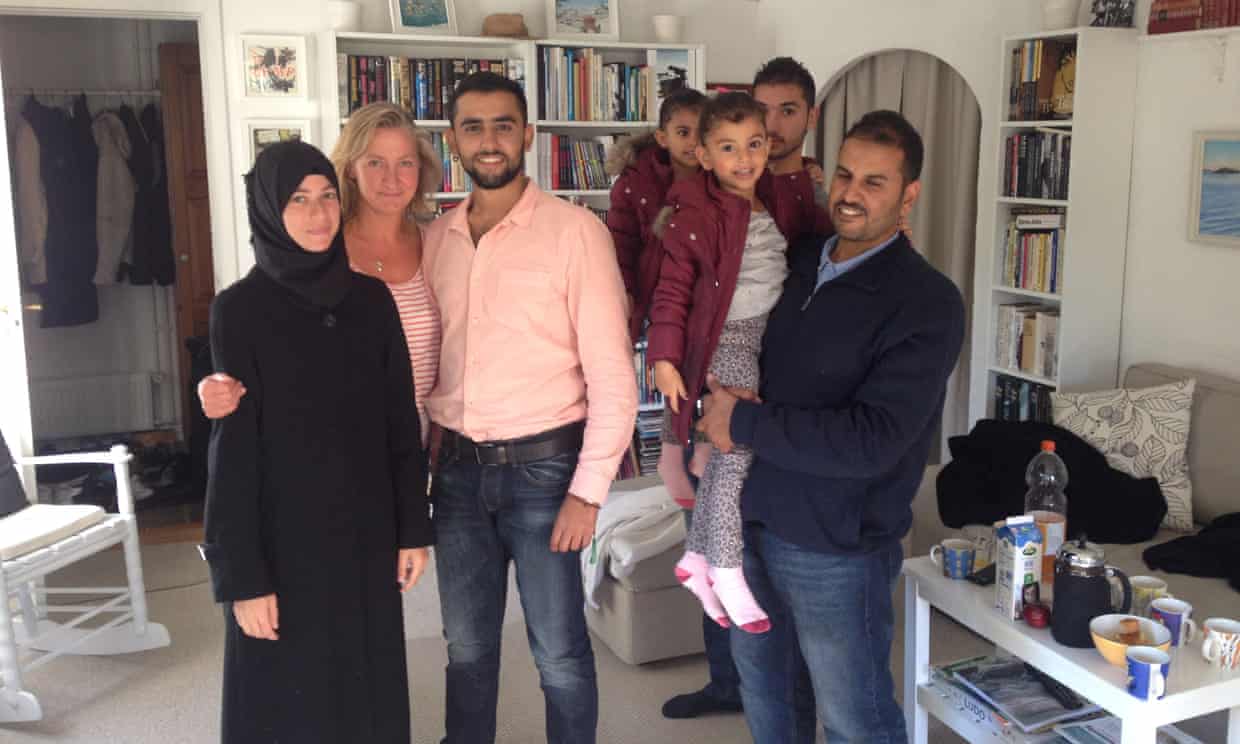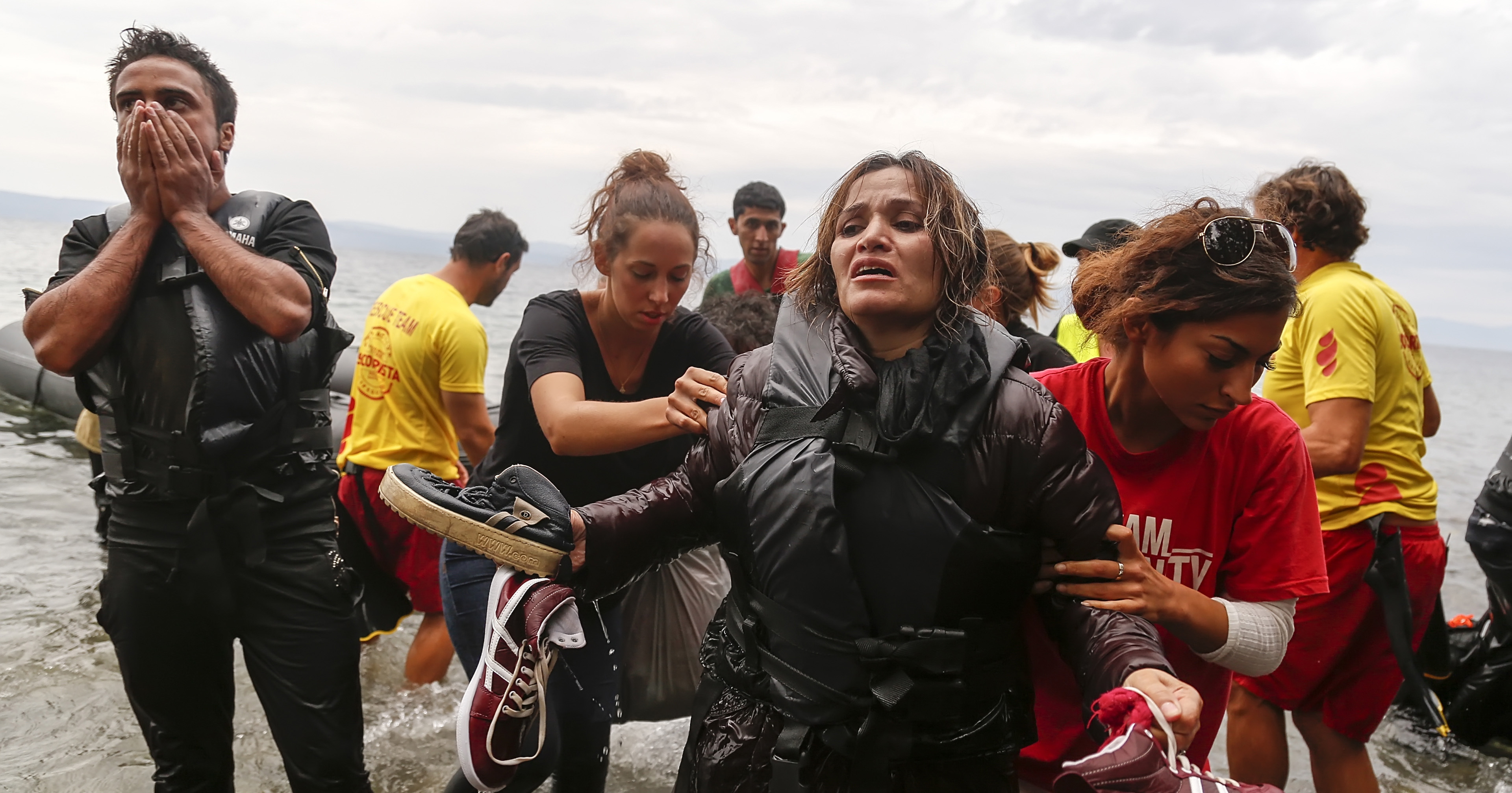
In France, a collective of feminist organizations, unions and political parties brought the press, including Women In and Beyond the Global, together to launch an important website, Women’s Rights Against Extreme Rights. This website is a response to the deceitful ambiguities that the extreme right movements have developed to seduce the disenchanted electorate, especially women voters who have traditionally voted in lower numbers for the extreme right.
In order to gain these votes, the extreme right National Front party has adopted a slightly different strategy compared to its counterparts in Eastern Europe. The president of the National Front, FN, Marine Le Pen, daughter of the former president of the party, has pursued a campaign of “de-demonization” to soften her image compared to her father’s antisemitic, racist and anti-women diatribes. She managed to evict him from the party while still receiving financial support from his side. She has even presented herself as a feminist invoking the words of Simone De Beauvoir, the French iconic feminist intellectual. Le Pen likes to show herself as a normal working mom who divorced twice and who shares the value of most feminists.
But there is a lot to worry about with this cunning double talk, said Suzy Rojtman, one of the three spokespeople for the group at the press conference. She added that women’s rights are an important voting argument for the extreme right parties since women’s issues are often defended across party lines, in a country that provides free access to abortion and contraception.
When Marine Le Pen declares that she will respect the abortion decision of 1975 she also added that abortion will be de-reimbursed, throwing in that she would combat “comfort abortions” suggesting that it is too easy to get an abortion in France. She commonly blurs the discourses on reproductive rights and unemployment, basically proposing to create a minimum revenue so women won’t have to work while claiming abortion rights are too costly for the nation, therefore damaging the social system.
She even modernized her discourse about homosexuality. But none of that is confirmed by the votes of the FN’s MPs. The FN representatives voted against the bill on real equality and against the bill against sexual and social harassment in the French parliament, and in the European Parliament they voted with their colleagues from the extreme right from Poland, Hungary, Malta, and elsewhere, against the Estela report, the Zuber report and the Tarabella report respectively addressing the respect of reproductive rights and equality between women and men in Europe.
The FN also presents itself as an anti-system party while actually voting for austerity and neoliberal measures.
One thing Marine Le Pen expresses clearly is that the perpetrators of violence against women are immigrants and the lack of respect for family values. Ludicrous assertion, says Suzy Rojtman, and how can she said that since in France ethnic data are not allowed. Their claims in favor of the defense of Laicity hides their basic xenophobic approach opposing real non-Christian based laicity.
The new website shows the solidarity of feminist organizations with unions and political parties that do not always work together. This website will also provide tools for activists on the ground.
Luz Mora, from the Association VISA, an anti-fascist association of unions, discussed these issues with us.

(Image Credit 1: Women’s Rights Against Extreme Rights) (Image Credit 2: A l’encontre)
